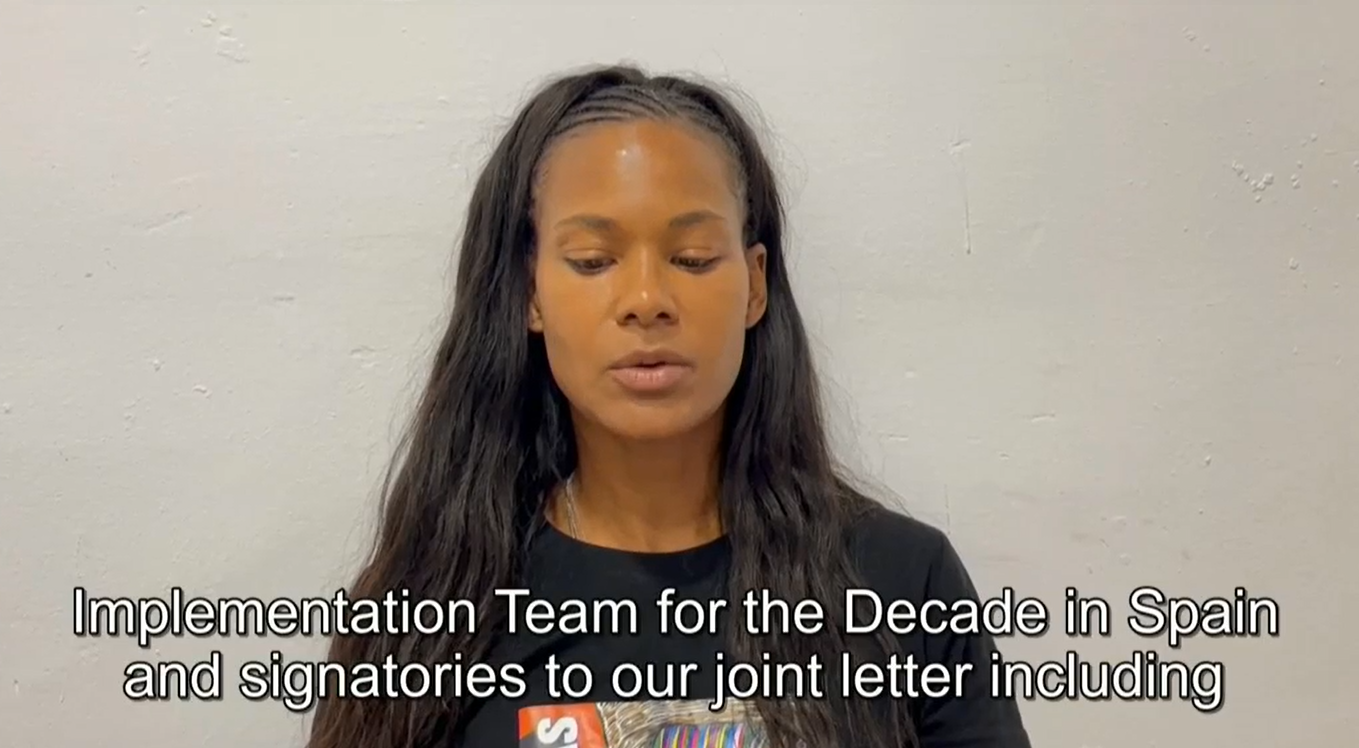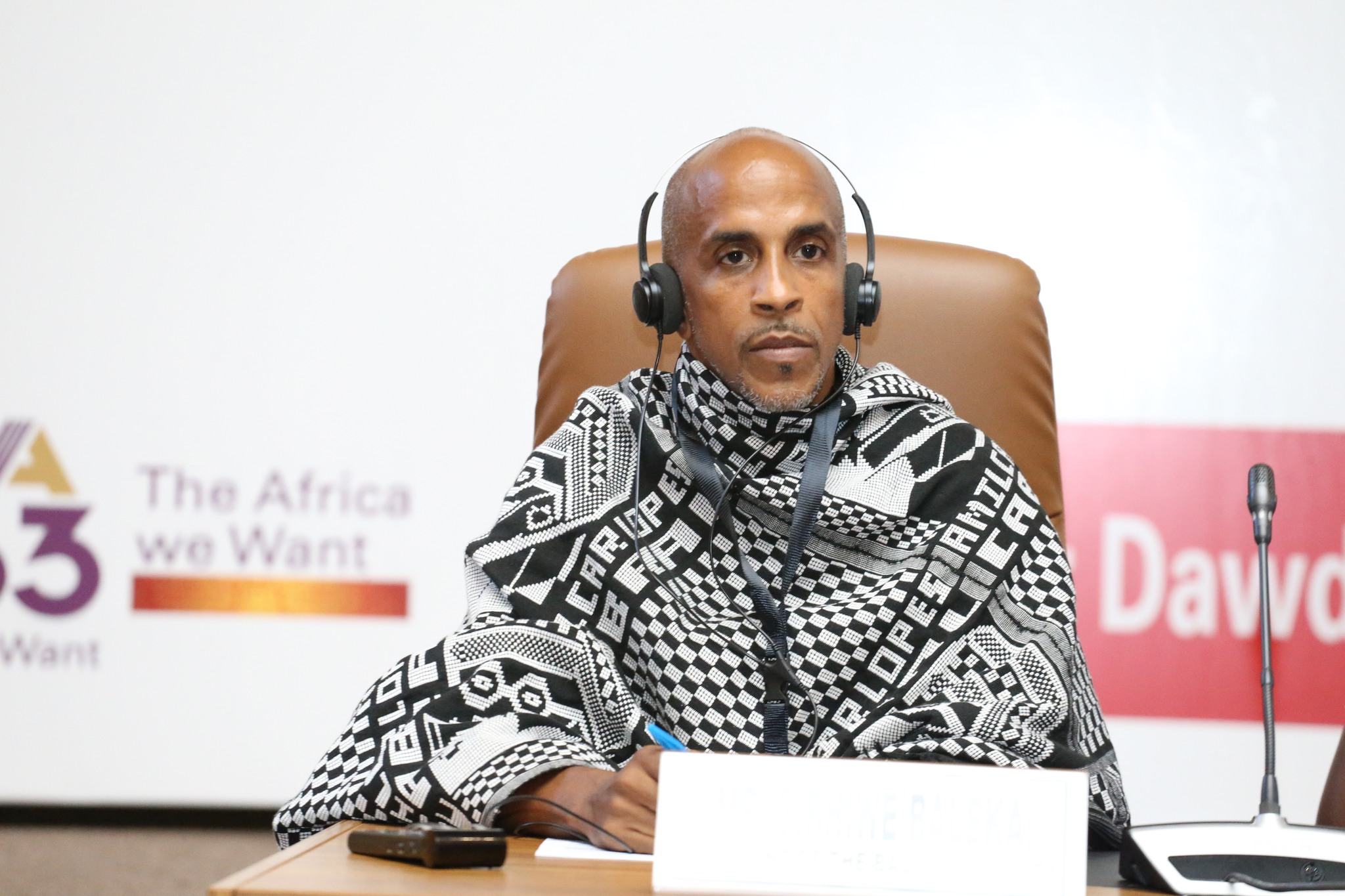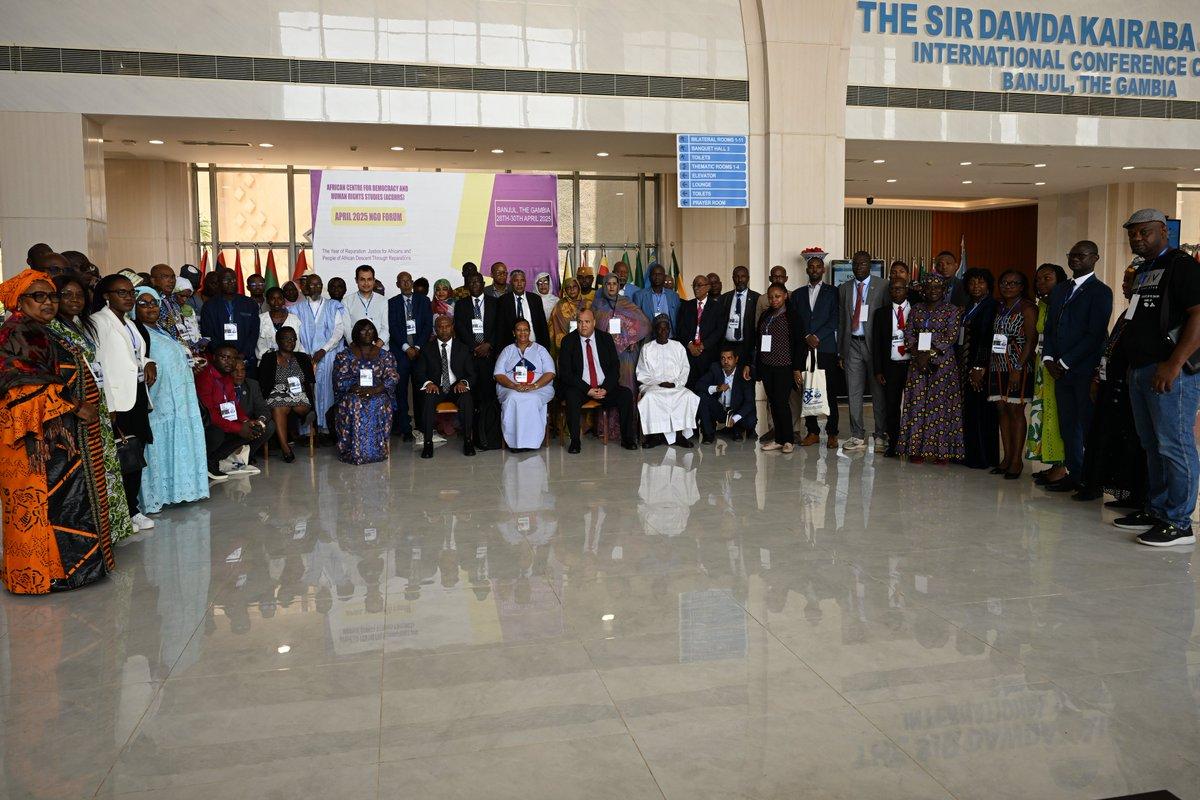On 27 September 2022, during the General Debate Item 4 of the 51st session of the UN Human Rights Council, the Implementation Team in Spain for the Decade on People of African descent, the Elin Association, as well as 108 organisations in Europe, the Americas and Africa including ISHR, denounce once again the grave human rights violations against African persons at the southern borders of Spain and in particular in Ceuta and Melilla.
On 24 June 2022, 37 Sudanese and Chadian nationals, including minors in need of international protection, lost their lives at the border fence of Melilla as a result of the actions of law enforcement of the Government of Spain and the Kingdom of Morocco. Another 64 are still missing.
The Spanish Civil Guard, the National Police and Moroccan law enforcement forces violated the United Nations Basic Principles on the Use of Force and Firearms, resorting to disproportionate violence and lethal force, throwing rubber balls, tear gas bombs, using batons, kicking, punching, manhandling and beating the dozens of injured victims bleeding to death on the ground on top of inanimate bodies in pools of blood.
The dehumanising images recorded show a horror without limits: Moroccan police operating illegally in Spanish territory, carrying out “pushbacks” or immediately returning people without assessing the need for international protection by beating the agonising victims with truncheons instead of offering help.
Although these facts have been denounced to the OHCHR and to the UN human rights mechanisms, there has been no independent investigation so far by the authorities of both countries, leaving these attacks on life totally unpunished.
The Kingdom of Morocco has not only failed to identify the bodies of the victims, but has demanded that their families (from Sudan and Chad) travel to identify them.
Although the European Commission has requested the appearance of the Spanish Minister of the Interior to explain these unacceptable actions, neither the investigation by the Attorney General’s Office has yielded results nor the appearance of the responsible ministry has taken place. On September 21, the Minister of the Interior appeared in the Congress defending the actions by law enforcement officers that has resulted in 37 deaths, 64 missing persons, and several pushbacks of minors and injured persons, who were refugees from Sudan.
Several young asylum-seeking survivors have been sentenced by the Court of Nador to prison and are still detained in Moroccan prisons.
The lack of investigation, conviction, justice and reparation for the victims and their families sends a dangerous message to the law enforcement agencies of the Government of Spain and the Kingdom of Morocco: the lives of Black people are worthless, and can be taken with impunity without accountability in a clear manifestation of structural and institutional racism.
On 12 September 2022, at least one young West African woman died as a result of gunshot wounds to the chest by Moroccan law enforcement officers who opened fire on a group that included 15 women and two children as they attempted to board a boat to cross into Spain.
This modus operandi of Moroccan law enforcement responds to the joint management of forced migration by both countries in which the externalisation of borders and the increased budget by the EU take the lives of Black people, thereby committing serious human rights violations.
From the above mentioned human rights defender organisations that stand up for the right to life, we reject the systematic violence against Black bodies and we make the following appeal to the HRC demanding:
- The immediate cessation of the systematic and indiscriminate violence by law enforcement of the Kingdom of Morocco and the Government of Spain against African persons fleeing war, human rights violations and the effects of climate change in our southern border including border externalisation zones (Morocco).
- The independent and immediate investigation of the facts to ensure justice by identifying possible perpetrators of the killings, and bringing them to trial, both in Morocco and in Spain, with guarantees of non-repetition and reparations to the families of the victims and survivors.
We also call on the relevant Special Procedures, including the Special Rapporteur on human rights of migrants, the Special Rapporteur on Torture, the Expert Mechanism to Advance Racial Justice and Equality in Law Enforcement (EMLER) and the Special Rapporteur on racism and related intolerance to be seized of the situation.




